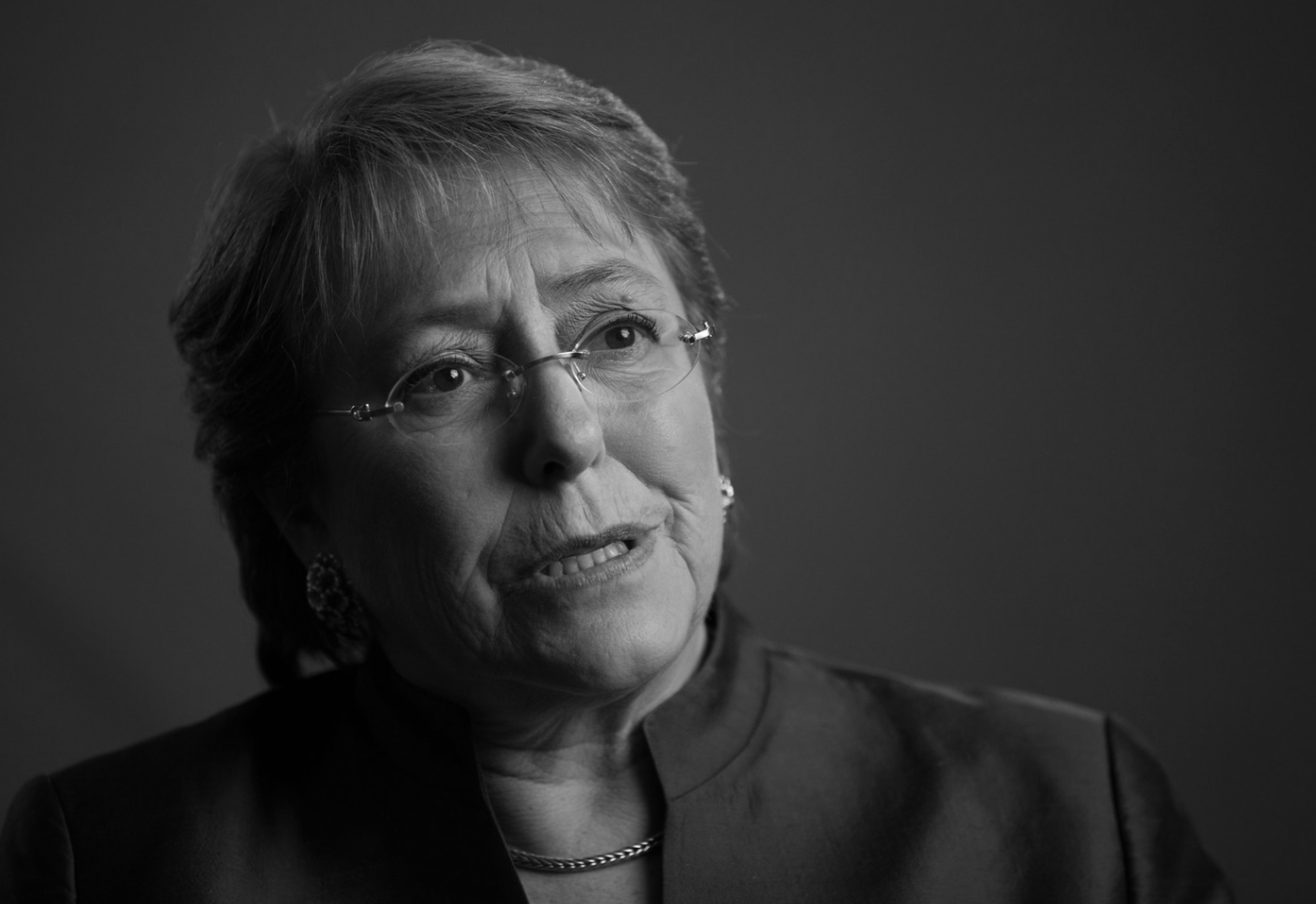In a recent decision, the Dominican Republic’s highest court struck down protections that allowed women to have an abortion in cases where the pregnancy resulted from rape or incest, where the fetus is deformed, or where continuing the pregnancy places the woman’s life in danger. The Constitutional Tribunal’s decision reinstates a total ban on abortion in the country and regresses women’s rights to the year 1884, as it declares that changes to the criminal code since that date are unconstitutional. The court’s ruling is an outrageous blow to women’s rights and contrary to international human rights law.
As we argued in an amicus curiae brief submitted to the Constitutional Tribunal, there is a global trend toward the decriminalization of abortion, and international human rights law supports this. Notably, international human rights law requires states to protect the life of a woman whose pregnancy puts her life at risk and prohibits the cruel, inhuman, and degrading treatment that can occur when a woman is forced to carry to term a pregnancy which results from rape or incest.
Protecting the right to life implies both a negative and a positive obligation on the part of states. The United Nations Human Rights Committee and Committee on the Rights of the Child have interpreted this positive obligation as including the implementation of measures to reduce maternal mortality through all means necessary—including the removal of restrictions on therapeutic abortion. Furthermore, the United Nations Special Rapporteur on the right of everyone to the enjoyment of the highest attainable standard of physical and mental health has argued that a complete criminalization of abortion denies women the ability to access a medical procedure that, in some instances, could be life-saving.
Likewise, United Nations human rights bodies have spoken out in favor of access to abortion services as part of states’ human rights treaty obligations to protect women from being subjected to cruel, inhuman, or degrading treatment. The Committee against Torture, for example, calls upon nations with total bans on abortion to amend their laws to include exceptions for pregnancies resulting from rape or incest in order to avoid subjecting women to continued undue suffering.
The Constitutional Tribunal, in not allowing any exceptions for abortions, has placed the Dominican Republic in clear violation of its human rights obligations to women. Shamefully, the country is now one of only a handful in the world to maintain an absolute ban on abortion.



